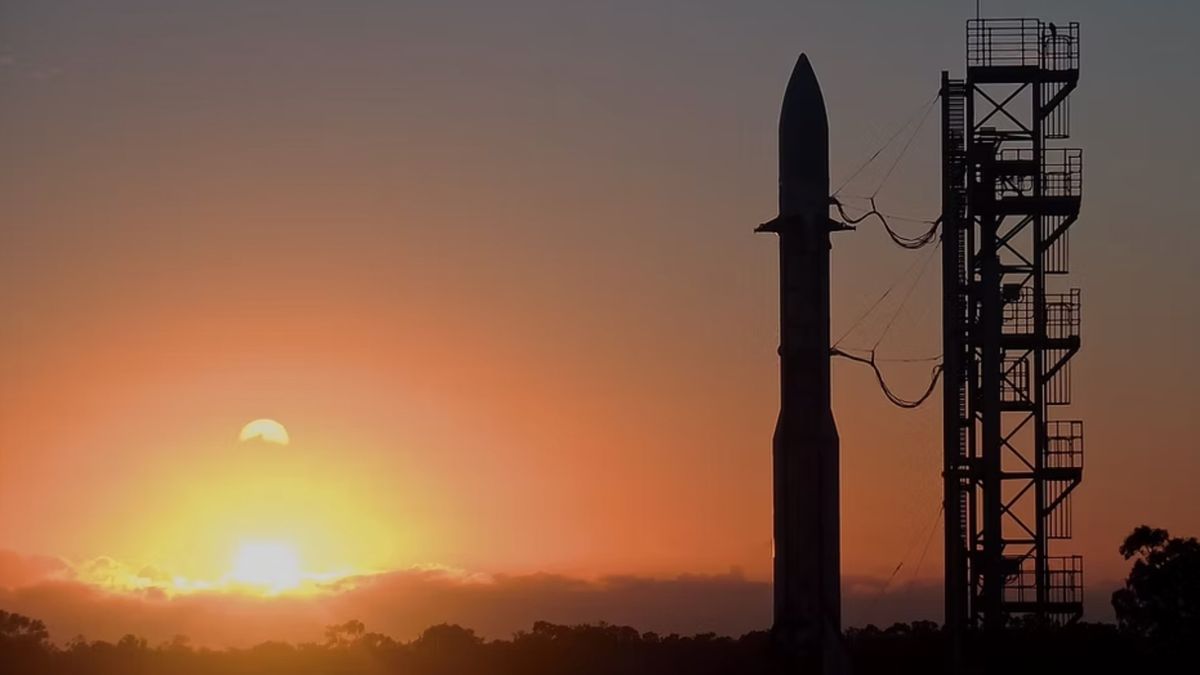Fifty-five nations have now penned their commitment to NASA's Artemis Accords.
NASA announced Norway's decision to join the Artemis Accords for a "safe, peaceful, and prosperous future in space" as the space agency's website phrases it. Norway is the third country to join the Artemis Accords so far in 2025.
A signing ceremony to welcome Norway took place today (May 15) at the Norwegian Space Agency in Oslo, with Norway's Minister of Trade and Industry Cecilie Myrseth signing on behalf of the Norwegian government.
"The United States and Norway have a longstanding relationship in space. Collaboration stretches back to 1962, when NASA supported the first civilian suborbital rocket launch mission above the Arctic Circle from Andøya Space," a statement from the U.S. Department of State says.
“We’re grateful for the strong and meaningful collaboration we’ve already had with the Norwegian Space Agency,” acting NASA Administrator Janet Petro said in an agency statement. “Now, by signing the Artemis Accords, Norway is not only supporting the future of exploration, but also helping us define it with all our partners for the Moon, Mars, and beyond,” she said.
The Artemis Accords were established in October 2020 with the U.S. and seven other founding countries. The Accords represent a set of principles and guidelines designed to shape how nations explore the moon and deep space. The Accords also echo key concepts from the 1967 Outer Space Treaty, aiming to promote peaceful, cooperative space activity.
The Artemis Program is NASA's current initiative to return humans to the moon to create a sustained presence on the lunar surface and eventually Mars. The first Artemis mission, Artemis 1, launched in November 2022. The mission launched the Space Launch System (SLS) rocket with an uncrewed Orion spacecraft on a month-long mission into orbit around the moon and back.
Artemis 2, which has been delayed due to allow more time to prepare the Orion capsule after its predecessor mission experienced heat shield issues, will fly four astronauts a "free-return" trajectory around the moon once before flying them back to Earth as early as February 2026. Artemis 3, slated for 2027, will be the first mission in the program to land astronauts on the lunar surface, but beyond that, the program currently exists in uncertainty.
The "skinny budget" recently released by the White House slashes NASA's budget by nearly 25%. The new budget cancels NASA's massive SLS rocket after Artemis 3, and scraps Gateway, the lunar space station also in development for future Artemis missions.
.png)
 German (DE)
German (DE)  English (US)
English (US)  Spanish (ES)
Spanish (ES)  French (FR)
French (FR)  Hindi (IN)
Hindi (IN)  Italian (IT)
Italian (IT)  Russian (RU)
Russian (RU) 









Comments